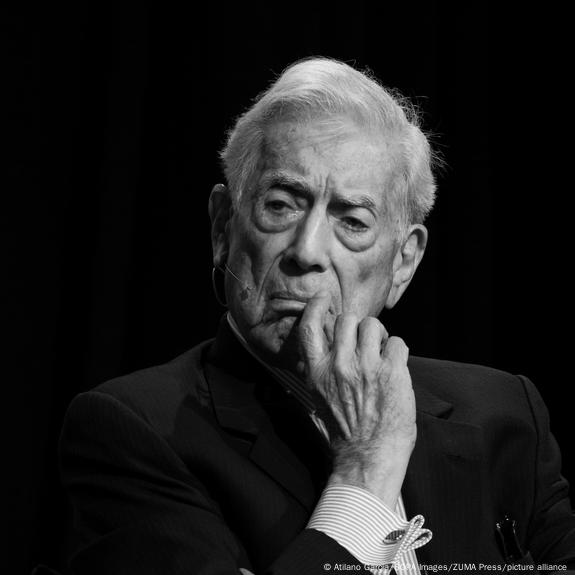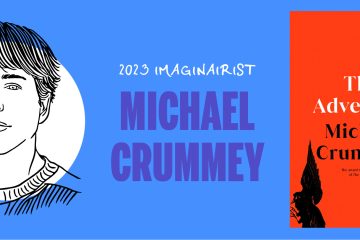Mario Vargas Llosa: A Legacy of Literary Excellence

Introduction
Mario Vargas Llosa, a name synonymous with literary genius, is one of Latin America’s most acclaimed authors. Born in Peru in 1936, Vargas Llosa’s influence extends beyond the realm of literature; he has become a critical voice in political and cultural discussions, earning him the Nobel Prize in Literature in 2010. His works delve into themes of power, corruption, and identity, resonating with readers worldwide and solidifying his status as a key figure in contemporary literature.
Literary Achievements and Notable Works
Vargas Llosa’s career spans over six decades, during which he has written novels, essays, and plays, showcasing a versatile mastery of storytelling. Some of his most significant works include The Time of the Hero (1963), which critiques the military academy system in Peru; Conversation in the Cathedral (1969), a complex narrative exploring political corruption; and The Feast of the Goat (2000), a powerful examination of dictatorship in the Dominican Republic.
His narrative style is often characterized by its intricate plots and rich character development, offering deep psychological insights that invite readers to explore the social and political landscape of Latin America. Vargas Llosa’s ability to intertwine fiction with historical events has earned him respect not only as a novelist but also as a keen observer of society.
Political Activism and Public Influence
Beyond his literary accolades, Vargas Llosa is an outspoken political activist. He has been an advocate for democracy and freedom of expression throughout his life, often criticizing authoritarian regimes in Latin America. His political essays, such as The Language of Passion, reflect his commitment to human rights and the importance of literature as a means of social commentary.
His candidacy for the presidency of Peru in 1990, although unsuccessful, demonstrated his dedication to shaping the political future of his home country. Vargas Llosa’s engagement in political discourse continues to be relevant, making him a powerful figure in both literature and politics.
Conclusion
Mario Vargas Llosa’s body of work and his fervent activism make him a pivotal figure in modern literature. His influence transcends borders, inviting readers to engage with complex moral and ethical themes. As we look to the future, Vargas Llosa’s contributions remain significant not only in the literary world but also in the ongoing struggles for democracy and justice globally. His legacy will undoubtedly inspire future generations of writers and thinkers who seek to challenge the status quo through the power of storytelling.









